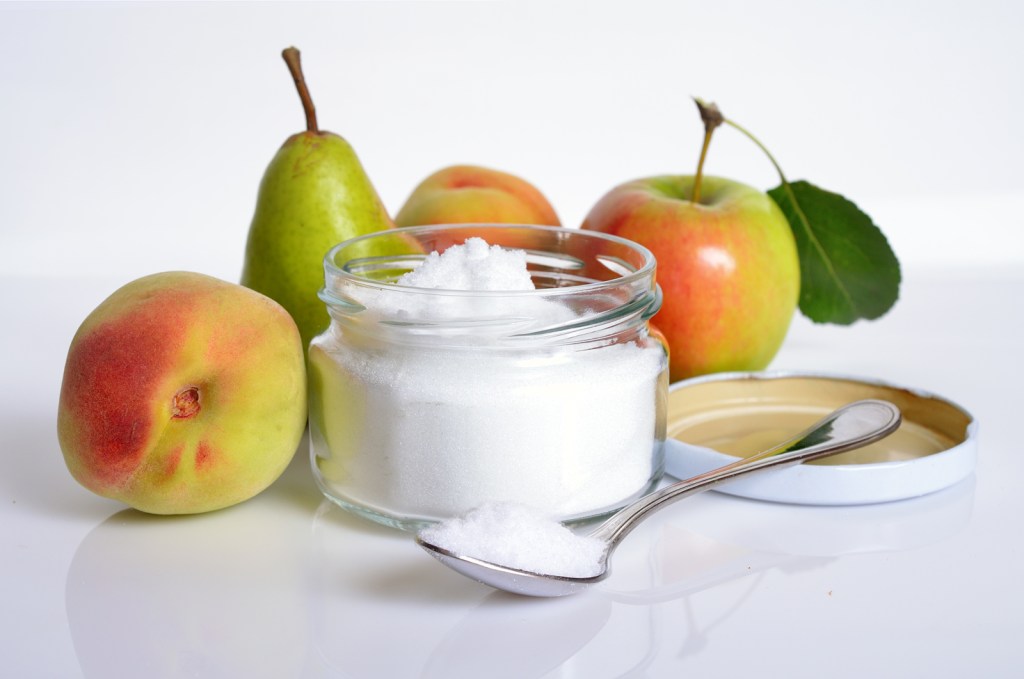Dear Theresa: You may want to get tested for milk allergy, which is much different from lactose intolerance. A true allergy to the protein in milk (as opposed to an intolerance to lactose, the sugar in milk) can indeed cause serious reactions with even very small doses of milk products. It’s important to be correctly diagnosed.
Lisa, who reads this column in the Lincoln Journal Star, writes: “I would like to see a column on the various intolerances, but especially fructose intolerance, which is what I have. There are so many articles that mention dairy and gluten intolerances, but not many that talk about fructose intolerance.”
This is also a confusing topic, Lisa. Fructose is a sugar (carbohydrate) found in fruit, honey, agave, some vegetables and foods processed with added sugars. Fructose is even found naturally in regular table sugar.
Some people lack the ability to digest fructose. And that’s where it gets tricky.
There are two types of fructose intolerance, according to the National Library of Medicine, Medline Plus. One is a rare genetic disorder called hereditary fructose intolerance, in which a person is born without the enzyme that can break down fructose. It is primarily seen in infants and children and requires a strict fructose-free diet to avoid severe liver and kidney damage.
The more common type is fructose malabsorption (formerly called dietary fructose intolerance). This condition is caused when the cells of one’s intestines cannot absorb fructose normally, leading to bloating, diarrhea or constipation, gas and stomach pain….
Read the full article here







